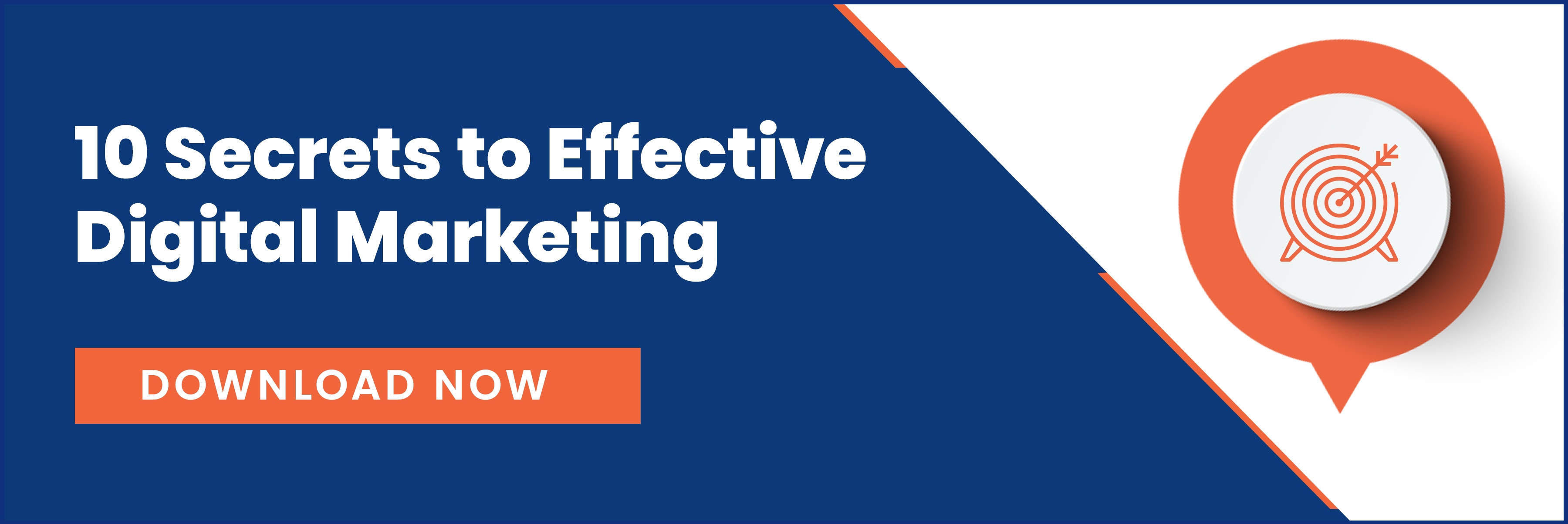
Digital marketing is a necessity today for successful marketing campaigns and business growth. Still, you need to do it right if you want to make the most of this potentially invaluable asset. It's important to find a digital marketing partner that can meet your specific needs. Here are ten questions to ask your digital ad provider to get the best results from your marketing efforts.
1. How does your digital strategy support my business goals?
Your goals will dictate the development of a digital strategy from top to bottom, whether you’re seeking to create brand awareness or drive sales for a particular product or service. Ask the digital ad provider if their strategy will be tailored based on your goals, or you could wind up with a cookie-cutter approach that simply doesn't work for you. The last thing you should be doing is wasting marketing spend on campaigns that don't align with your business strategy.
2. What experience do you have working with businesses in my industry?
It's also important to find a partner with experience in your specific industry. For example, a law firm should look for an agency with experience in legal marketing, which has unique requirements compared to other industries. Businesses like law firms involve a lot of brand awareness and lead nurturing, as the audiences they advertise their services to may not need them for years after first encountering their brand. Building trust through lead nurturing is also key to winning new clients once recognition is achieved. If a marketing company has more experience in B2C verticals that don't have these requirements, they may not be as equipped to meet a law firm's goals as opposed to, say, an online retailer's.
3. What tools do you use to optimize your digital campaigns?
Find out what kinds of tools your partner will use, which could help you determine whether they have the resources needed to develop and manage successful campaigns. Ask about SEO and PPC tools, along with analytics platforms that they use to monitor progress. They should also have reporting tools that can give you clear insight into how your campaigns perform based on their efforts.
4. What metrics will you report on and how?
When it comes to reporting, ask about the kinds of metrics they'll use to measure success. Metrics, like the campaigns themselves, will depend on the types of goals you have set. For example, if you want to boost brand awareness with a digital ad campaign, key metrics to look at could include impressions and views. If your goal is lead generation, conversion rates will be key. A digital marketing partner should also effectively present marketing analytics to ensure you understand precisely how your campaigns are helping reach your business goals.
5. How do you optimize your paid search campaigns?
Paid search can be a vital component of a successful digital strategy. When used correctly, paid search and display ads can boost brand awareness by up to 80%. You'll also see $2 for every $1 spent on paid ads, which translates to 200% ROI. However, you need to have a partner who can help you achieve this success with a well-optimized paid search campaign.
6. When will I see results?
You should have realistic expectations regarding results. One red flag to watch for is if a company tells you that you can expect results within days or even shorter after implementing campaigns. SEO and other digital marketing efforts can yield relatively quick results when done right, helping you achieve your goals within weeks or months, but any over-promising should make you cautious. You should be particularly suspicious if they make any promises about results when they haven't even gained a deeper understanding of your business and specific needs.
7. Which social media platforms should my business use?
Social media is crucial for digital marketing and advertising efforts, as over 53% of the world's population uses social media platforms. Which platform your business uses will depend on certain factors, including the type of industry you're in and the audiences you want to reach. For instance, if you want to connect with busy and dynamic professionals, LinkedIn would be ideal. If you want to establish a relationship with younger audiences through more visual content, platforms like Instagram and TikTok are popular. Not every platform works for every business, so it's important to have a strategy aligned with your company.
8. How often will we communicate and how?
Good digital marketing partners are easy to communicate with on a regular basis. You shouldn't be left in the dark about how your campaigns are performing or what your partner is doing at any point. Your partner should be clear about when and how you can communicate with them and vice versa. Whether communications entail phone calls, emails, texting, help tickets, or a combination of all of these, there should be clear coordination between you and your partner.
9. Do you provide custom or cookie-cutter strategies?
Again, a custom strategy aligned with your business and individual goals is needed to fuel success. If a company offers generic strategies in a one-size-fits-all format, this isn't likely to work for you. Make sure the company creates custom strategies that can meet your requirements, or you may wind up paying for a plan that's generally inefficient and a waste of your budget.
10. How do you target customers?
Find out what digital channels and platforms the provider uses to connect with audiences. Your partner should also be able to go after specific demographics and determine which platforms they're most likely to use for more optimal targeting.
With the right partner behind your digital advertising and marketing campaigns, you can get the kind of results you've always wanted. Asking these and other questions can help determine whether a digital ad provider is the right fit for you. If you would like to learn more about developing a winning digital marketing campaign, subscribe to our blog today.



